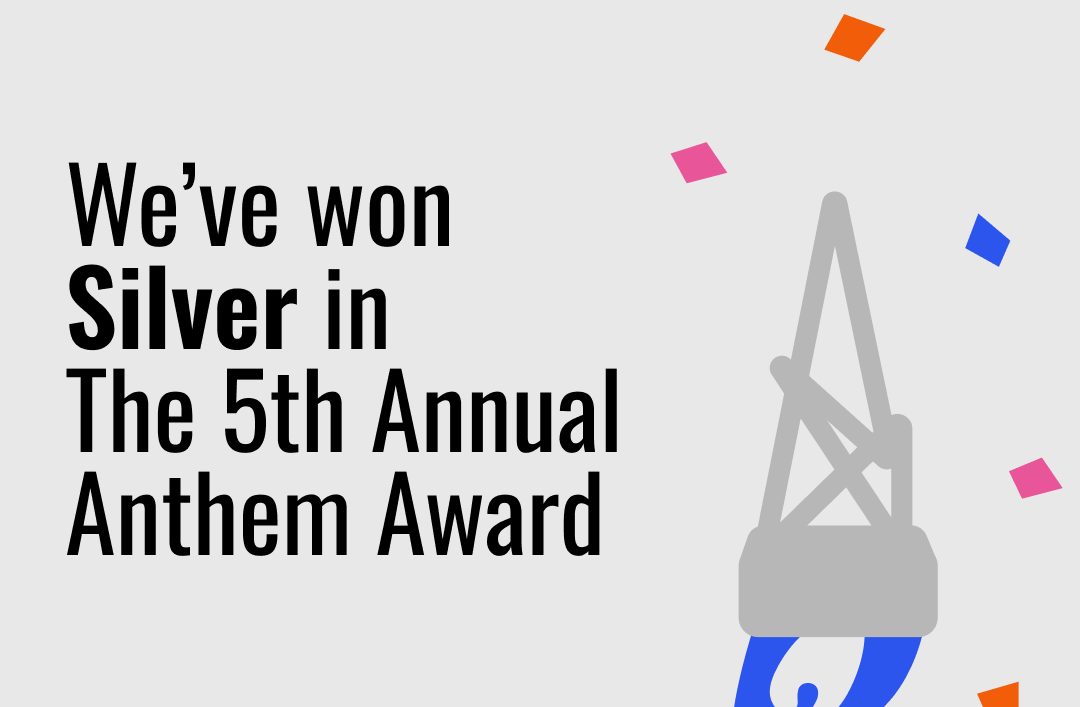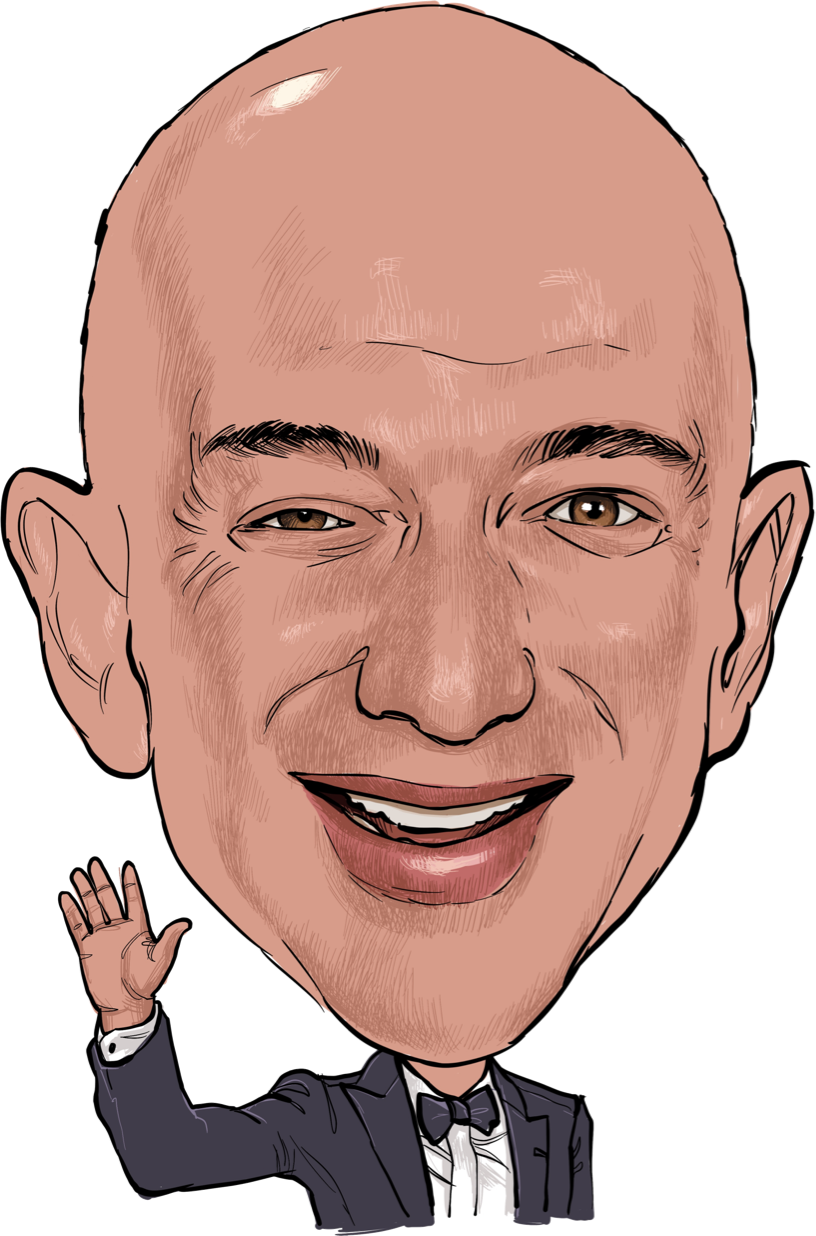This article has been adapted from Jonah's new book Unsafe Thinking: How to be Nimble and Bold When You Need It Most and first appeared on Psychology Today.
Feeling like an expert makes us feel safe. It offers us an air of mastery and gains us respect from our peers while keeping self-doubt at bay. But identifying as an expert has a significant dark side. Ironically, far from bringing us safety, this identity puts us in danger of consistently making errors, having clouded vision and and drifting toward an ego-driven fixation on dead ideas.
Feeling So Smart We Become Stupid
How quickly can you come to identify with your own sense of expertise and make mistakes because of it? Does it take a spot on CNN or an admiring profile in the Wall Street Journal? Or can it happen at any level of accomplishment?
For an answer, try this: First, on a scale of one to seven, how knowledgeable would you say you are about the field of personal finance?
Next, rate your understanding of the following terms, again on a scale of one to seven:
- Tax bracket
- Fixed-rate mortgage
- Home equity
- Pre-rated stocks
- Whole life insurance
- Roth IRA
- Annualized credit
- Interest rate
- Inflation
- Private equity fund
- Vesting Retirement
- Fixed-rate deduction
- Revolving credit
In 2015, researchers from Cornell and Tulane universities administered this test to one hundred participants, who took it from home on their computers. The test takers didn’t know that three of these terms (annualized credit, fixed-rate deduction, and pre-rated stocks) are completely made up. Nobody could possibly be familiar with them. But a significant number of the participants claimed that they were quite knowledgeable about them, and those who rated themselves highest on the scale of financial expertise were by far the most likely to make this claim.
Keep in mind that participants weren’t lying to impress the test administrators; they took the test in the privacy of their homes. They were deluding themselves to protect their self-perceptions of expertise. Additional experiments with such tests about biology, literature, philosophy, and geography produced comparable results.
The problem of overconfidence and closed-mindedness in areas we believe we have expertise is all the more troubling because we so generally tend to credit ourselves with having more expertise than we do. Many studies have documented this phenomenon, often referred to as the “better-than-average effect.” For example, 93 percent of US drivers rate themselves as above average behind the wheel. Even drivers currently laid up in the hospital for accidents they themselves had caused were similarly found to overestimate their abilities! Eighty-seven percent of Stanford MBA students rate themselves as more capable than most of their peers. In one British study, prisoners scored themselves as significantly more trustworthy, moral, and honest than the general population.
Expert Leaders vs. Explorer Leaders
Perhaps there’s little danger in thinking we know quite a bit about “pre-rated stocks” when in fact they don’t exist. But what about believing we know more about the field in which we work or about our competitors than we really do?
What might the better-than-average effect do to an inventor judging the likelihood that customers will love what she has to offer? Or to that of investment professionals who have in fact had better-than-average results for a few years in a row? Time and again, an ego investment in one’s own ability and expertise leads to disastrous outcomes of overconfidence. In fact, Philip Tetlock of UC Berkeley has demonstrated that those who consider themselves to be experts about the future are worse than dart-throwing monkeys at predicting events. And the more confident they were, the worse they performed.
It’s not easy to overcome the better-than-average effect, especially when one’s authority rests on being, well, better than average. Aren’t we expected as leaders to have at least some superior powers? In times of uncertainty, don’t those who follow us want us to lead with a firm, confident, and, yes, maybe infallible hand? Isn’t it unsafe to admit what we don’t know? Not as much as we might think.
Ample evidence indicates that displaying curiosity and openness is more valued in leaders than providing important answers. Numerous studies have recently shown that self-aggrandizing CEOs tend to make riskier investments, pay higher premiums for acquisitions, and create inconsistent organizational performance. They have worse relationships with their managers.
This data may explain a rising appreciation for humble leaders who consider themselves to be explorers, passionately committed to gaining knowledge without ever attaching their egos or identities to what they know. Instead of making their employees feel uncertain and unguided, according to a 2013 study from the University of Washington and the State University of New York, Buffalo, humble leaders were far more likely to have engaged, satisfied, and loyal employees.
How to Tame the Urges that Keep Us from Exploring
Spend time doing things that make you a beginner again
Engaging in just about anything that is both challenging and unfamiliar creates more cognitive flexibility. Being a rank beginner breaks down overactive pattern recognition, giving you a boost of creativity, even when you return to your area of expertise. People who live abroad become significantly more creative. How can you regularly spend time outside your area of expertise?
Don’t try to look like an expert
The more we project an air of expertise, the more often we’re wrong and the slower we are to learn. And though we may fear nobody will follow us if we admit to fallibility, research indicates that people prefer humble leaders. What can you do to remind yourself and those you lead that you’re aiming to be an explorer, not an expert?
Put off important decisions
The more urgent the situation, the more likely we are to “seize” on an obvious solution and then “freeze” on it, blinding ourselves to evidence we’re on the wrong track. How can you expand your consideration time, even by 10 percent, to encourage exploration of the problem? The results can be transformative.




